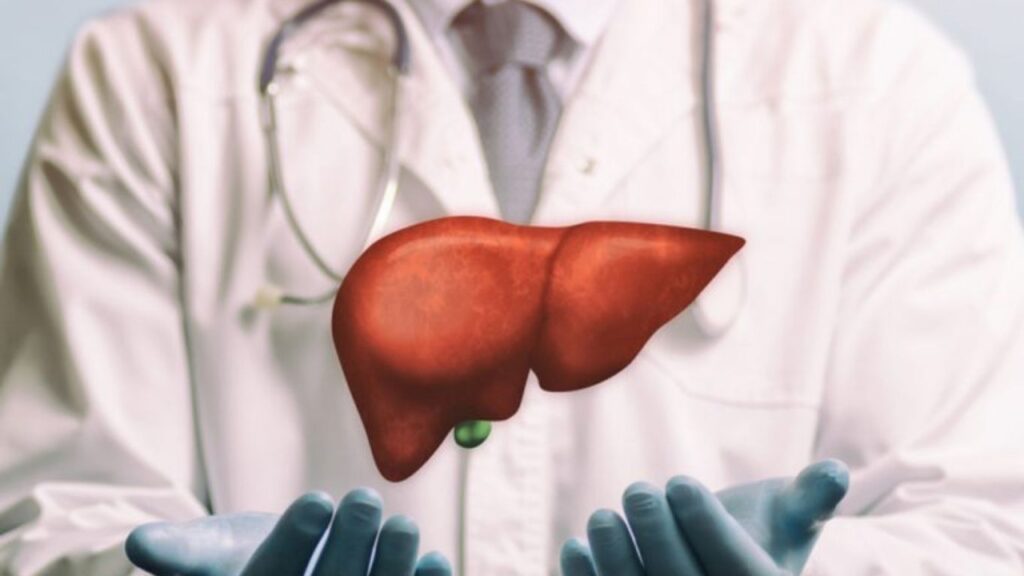April 19th, World Liver Day serves as a pivotal occasion in the global health calendar, dedicated to increasing public awareness about liver health and disease prevention. This observance highlights the critical importance of one of our body’s most essential organs, tasked with vital functions like detoxification, protein synthesis, and biochemical production necessary for digestion. Liver diseases are alarmingly prevalent worldwide, with millions suffering from conditions like hepatitis, cirrhosis, and liver cancer, which underscore the urgency of this day. The purpose of this blog is to explore the origins and significance of World Liver Day, tracing its impact on enhancing understanding and management of liver health issues. By delving into its history, we aim to illuminate how this day has grown to be a cornerstone in promoting better liver health practices and prevention strategies globally.
World Liver Day 2024: Knowing the History and Significance of This Day
The History of World Liver Day
World Liver Day was established to draw attention to the critical importance of liver health and the increasing burden of liver diseases worldwide. It originated from the collective efforts of various health organizations and liver disease specialists who recognized the need for greater awareness and education around liver health. While there isn’t a specific founder or exact date of inception, the observance began gaining prominence globally in the early 2000s.
At the time of its inception, liver diseases such as hepatitis B and C, cirrhosis, and liver cancer were already significant health concerns globally. These conditions led to a high rate of morbidity and mortality, affecting millions of people around the world. The day was thus set to emphasize the need for prevention, treatment, and comprehensive care concerning liver health.
Over the years, World Liver Day has grown and evolved into a major event on the health calendar. Observances now include a wide range of activities, such as free screenings, educational seminars, public lectures, and media briefings to spread knowledge about liver wellness. The day has spurred global partnerships and collaborations among governments, healthcare providers, and community organizations aimed at combating liver diseases.

This evolution reflects an ongoing commitment to reducing the global impact of liver diseases, promoting healthier lifestyles, and advancing medical research and innovations in liver care. Through these efforts, World Liver Day continues to enhance public awareness and drive significant advancements in the prevention and management of liver diseases.
Significance of Liver Health
The liver is a vital organ in the human body, performing essential functions such as detoxifying harmful substances, producing bile to aid digestion, and regulating blood clotting and cholesterol levels. It also stores vitamins and minerals and converts stored sugar into usable sugar when the body’s sugar levels fall below normal.
Common liver diseases include hepatitis (A, B, C, D, and E), fatty liver disease, cirrhosis, and liver cancer. Symptoms of liver disease can vary but often include jaundice (yellowing of the skin and eyes), abdominal pain and swelling, chronic fatigue, and nausea. The impact on overall health can be severe, leading to complications such as liver failure and life-threatening conditions requiring liver transplantation.
Globally, liver diseases are a major health concern. According to the World Health Organization, viral hepatitis affects millions of people worldwide, causing more than 1.3 million deaths each year. Liver cancer is the sixth most common cancer and the third leading cause of cancer-related death globally. Fatty liver disease, often associated with obesity and type 2 diabetes, is also on the rise, highlighting the urgent need for public awareness and preventive measures to combat liver-related health issues.
World Liver Day Activities and Impact
World Liver Day is marked by a variety of events and activities aimed at increasing awareness about liver health and disease prevention globally. These typically include health screenings, public lectures, workshops, and informational campaigns, often conducted by hospitals, health organizations, and community groups. Also,social media plays a crucial role, with numerous awareness hashtags and information sharing sessions that reach a wide audience.

One notable case study is the initiative by a hospital in India which organized free liver screenings and hepatitis vaccinations on World Liver Day, detecting early signs of liver issues in a significant portion of participants. Such early detection allows for timely intervention, potentially saving lives.
These observances have proven effective in enhancing public knowledge and changing health behaviors. For example, awareness campaigns have led to increased vaccination rates in regions plagued by hepatitis. Educational efforts have also promoted healthier lifestyle choices, such as reduced alcohol consumption and better dietary habits, directly impacting liver health positively.
Overall, World Liver Day activities have substantially contributed to improved health outcomes by emphasizing the importance of early disease detection, proper treatment, and the critical nature of maintaining liver health, thus fostering a better-informed public ready to take action towards liver wellness.
The Future of Liver Health Awareness
Despite advances in awareness and treatment, liver health continues to face significant challenges globally. The ongoing issues include the high prevalence of hepatitis and other liver diseases in under-resourced areas, the rise of non-alcoholic fatty liver disease as a consequence of increasing obesity rates, and the persistent need for more effective treatments for advanced liver conditions like cirrhosis and liver cancer.
Addressing these challenges requires a sustained commitment to innovation in both medical research and public health strategies. In medical research, there is a crucial need for the development of new therapeutic drugs and improvement in non-invasive diagnostic technologies that can detect liver diseases earlier and more accurately. Additionally, genetic and molecular research could provide breakthroughs in personalized medicine approaches that tailor treatments to individual patient profiles.
In terms of public health strategies, enhancing liver health necessitates comprehensive educational programs that target high-risk populations, promoting preventive measures such as healthier lifestyles and vaccination. It also involves improving access to healthcare services and screening programs, especially in low-income regions, to ensure early detection and treatment. These innovations and strategies are essential to overcoming current challenges and reducing the global burden of liver diseases.

Final thoughts
As we observe World Liver Day 2024, it’s clear that this day serves not just as a reminder of the vital functions our liver performs, but also as a call to action to prioritize liver health globally. Understanding the history and evolution of this day underscores its importance in combating liver diseases and enhancing public awareness. Continued education, innovative medical research, and effective public health strategies remain crucial in addressing the challenges liver health faces today. Let’s use this day to recommit to improving liver health awareness and outcomes, ensuring a healthier future for populations around the world.
Also read: 10 Habits Which Must be Avoided for Healthier Liver
